Kosovo war court president promises impartial justice
Friday, 21.07.2017.
14:10
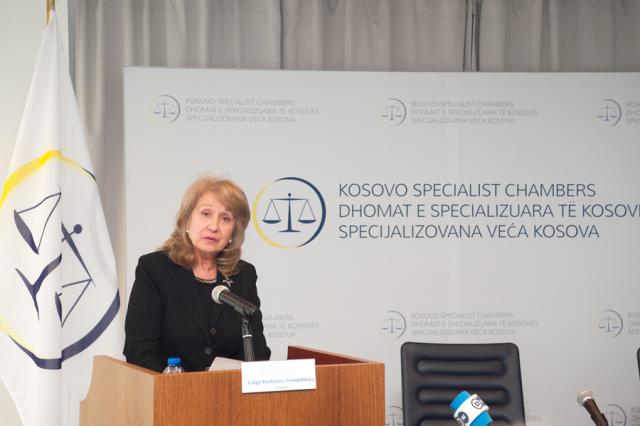
Kosovo war court president promises impartial justice
This article originally appeared on the Balkan Transitional Justice websiteIn her first interview as president of the Kosovo Specialist Chambers, judge Ekaterina Trendafilova told BIRN that the newly-established Hague-based institution that will try former Kosovo Liberation Army members for wartime and post-war human rights abuses will not be ethnically biased as it will only prosecute suspected criminals, not the guerrilla organisation itself.
Trendafilova also promised that the court would protect its witnesses properly - a failing in previous attempts to prosecute Kosovo Liberation Army fighters - and expressed hope that its work will help to enhance the rule of law in Kosovo.
This is not the first time that Trendafilova has ruled in cases of international criminal justice; prior to joining the Kosovo Specialist Chambers, she was a judge at the International Criminal Court, an experience that she believes will benefit her in her new role.
Other hybrid courts, administered by the UN and the EU, have operated in Kosovo before. How is this court different and how will you, as a judge, make sure that it fulfils its mandate?
The Specialist Chambers are different in many respects. I will mention some of them and I will not use these labels, such as ‘hybrid’, ‘international’ or ‘internationalised’.
The Specialist Chambers are created by a constitutional amendment that was enacted by the Kosovo parliament with a two-thirds majority. This is a strength for us. It means that the people of Kosovo expressed through their representatives in parliament that such an institution is necessary and desirable.
Next, the Specialist Chambers can rely on Kosovo authorities, including the police, to execute orders, searches, and seizures and to arrest suspects. Kosovo authorities, by virtue of the [Kosovo] Law [on the Specialist Chambers and Specialist Prosecutor’s Office], are required to cooperate with the Specialist Chambers to achieve the ultimate goal to bring to account those responsible for the alleged grave crimes committed.
At the same time, however, we are an institution relocated to the Netherlands, our host country, which means that we can ensure the highest degree of safety and security for all those interacting with the Specialist Chambers, in particular victims and witnesses.
Further, only international judges may adjudicate at the Specialist Chambers. This choice shows that the Kosovo parliament had the utmost regard for the independence and integrity of this institution, future prosecutions before it and the safety of witnesses and victims.
As a judge and president of the Specialist Chambers, I will ensure that the Specialist Chambers fulfil their mandate through the application of the law, as enacted by the Kosovo parliament, and the rules adopted by the judges. Most importantly, I trust that the highly experienced judges, appointed to the roster of international judges, will conduct exemplary court proceedings and deliver best quality judgments.
How will you better deal with outreach and explaining the Specialist Chambers’ mission in light of the poor reputation of the International Criminal for the Former Yugoslavia, ICTY in ex-Yugoslav countries, but also taking into account the antipathy towards this new institution in Kosovo?
It may be the case that not everyone in Kosovo is in support of or may be suspicious of the Specialist Chambers. However, as I said in an earlier response to your question, the decision to establish the Specialist Chambers has been made by the representatives of the people of Kosovo, the parliament.
We are a reality, we are already operational, ready to receive any filings. Our mandate is different from that of the ICTY and we should be judged pursuant to our performance.
Now, besides the establishment of the institution and our readiness for judicial proceedings, it is equally important to continue providing information to the public about our mandate, the procedures and what can be expected from the work of our institution. This is important to prevent any misinformation or misunderstanding.
I strongly stand for the highest level of transparency of our activities, subject of course to sensitive and confidential information, which is necessary to protect witnesses that will come forward to testify.
Since last year and the launch of our trilingual website where all information can be found in English, Albanian and Serbian, all relevant information and public filings by the parties and the judges are, and will continue to be, accurately shared with the public.
The communication with the media is an ongoing process. Furthermore, the principals of the court as well as the public information team of the Specialist Chambers have been regularly engaged with various relevant actors from civil society, academia and media in Kosovo but also on a wider scale, in the region and internationally.
For example, the registrar, Dr Fidelma Donlon, met numerous media and civil society representatives at the Justice Transparency Forum in Pristina this spring. I expect that similar events are to continue to be organized in the future.
Also, at our premises I have recently held a press conference. We also receive numerous visitors as well as hold lectures for interested student groups. This is all part of the on-going implementation of our outreach programme that will be intensified. We are to organise the live-streaming of our future court proceedings.
I would like to emphasise that I rely in the utmost on outreach to convince the people in the region that the Specialist Chambers will deliver justice impartially and independently to all concerned.
How difficult is to do outreach if you are based miles away from where the crimes were committed?
The distance in terms of communication and effective outreach is a challenge I am keenly aware of. However, we luckily live in the age of modern technology and I hope that this will assist us in establishing direct communication with all the interested audience, not only with the media.
One of the forthcoming priorities is also to address victims and to fully explain their rights, the relevant process of application and eligibility. Witnesses will also be reassured of robust witness protective measures undertaken by the Specialist Chambers.
Moreover, once proceedings in the courtroom start, we will broadcast them via our website in all official languages, which will allow the media and the general public to follow court proceedings.
Of course, in light of the necessity to protect witnesses, some of this coverage may only be transmitted in part or with protective measures such as face and voice distortions.
How do the Specialist Chambers cooperate with Kosovo authorities? When it comes to detention and arrests, will you use special court police or Dutch or Kosovo police?
As provided in the Law [on the Specialist Chambers and Specialist Prosecutor’s Office], we can avail ourselves of the Kosovo police as any other court in the country. Likewise, the Specialist Prosecutor can enforce his orders through a police force within his Office. Any orders and decisions of the Specialist Chambers, including search and seizure and the arrest of suspects on the territory of Kosovo, have to be executed. This is what the law dictates. In addition, we can request international cooperation where necessary.
How sensitive do you need to be in respect of the current political conditions in Kosovo?
It is not really a question of being sensitive. The Specialist Chambers are a judicial institution, independent in the exercise of their functions and the fulfilment of their mandate, in compliance with the Law [on the Specialist Chambers and Specialist Prosecutor’s Office] as agreed upon and enacted by an absolute majority of the parliament of Kosovo.
We carry on with our mission, as enshrined in the law, regardless of the political processes in Kosovo. We only abide by the constitution and the law.
Nevertheless, we are following closely the developments in Kosovo and are aware of any sensitive issues, without being influenced by them.
How do you respond to the criticism that the Specialist Chambers are biased because they only deal with one ethnic group, Kosovo Albanians?
The Specialist Chambers will not prosecute any ethnic group. They will not prosecute any organisation. The Specialist Chambers will only prosecute and hold accountable individual persons. The Law [on the Specialist Chambers and Specialist Prosecutor’s Office] clearly provides for individual criminal responsibility, which means that persons may only be held accountable for crimes they committed as individuals, not as representatives of an ethnic group, of communities, or any other groups.
The court also has a victims’ support unit, and the law envisages reparation programmes. How will these work in practice?
First of all, let me say that I am quite pleased that the Specialist Chambers, unlike the ICTY, gives victims the opportunity to participate in the proceedings.
Victims of crimes alleged in an indictment may apply to the Victims Participation Office within the Registry if they wish to participate. The Law [on the Specialist Chambers and Specialist Prosecutor’s Office] provides that victims have a right to notification, acknowledgement and reparations. In practical terms, this means that victims will be able to participate meaningfully in the proceedings before the Specialist Chambers and seek reparations.
Once an accused has been found guilty of a crime, the judges may order an accused to pay appropriate reparations to victims collectively or individually. The Victims’ Participation Office will also administer a list of victims counsel in order to ensure efficient legal representation of and assistance to victims.
Can you also explain the role of the Ombudsperson?
The inclusion of an Ombudsperson, which is already foreseen in the Kosovo constitution, is an important constitutional guarantee also within the Specialist Chambers’ legal framework. It is envisaged to enhance our transparency and openness to the public and serve as an independent oversight of the Specialist Chambers and the Specialist Prosecutor’s Office.
At the same time, it will have due regard for the independence of the judiciary and judicial proceedings, meaning that the Ombudsperson cannot interfere therein subject to cases of undue delay.
Finally, it is supposed to strengthen the checks and balances, which are in place to guarantee the protection of fundamental rights and freedoms, as enshrined in the constitution of Kosovo.
I look forward to the operationalisation of this mechanism as it can only contribute to the credibility of the two institutions.
Witness protection has so far been one of the key issues in war crime trials in Kosovo, and the Specialist Chambers claims to have prepared a robust witness protection system. How do you think international and national courts have protected witnesses testifying about international crimes so far? Is this one of the reasons why courts are often a long way away from the places where the crimes were committed?
By virtue of my past experience but also being conscious of some previous examples, I am very much aware of the importance of witness protection. This is a key factor for the mandate of the Specialist Chambers, reflected by the relocation of the proceedings to the Netherlands.
For that reason, a robust system of witness protection has been devised in our Rules of Procedure and Evidence. In addition, any interference with the security and well-being of witnesses will not be tolerated and will be prosecuted by the Specialist Chambers.
Being relocated is certainly a potent instrument to provide better protection to witnesses, victims and other persons interacting with the Specialist Chambers.
My firm understanding and that of all judges is, as expressed in the rules, that justice will not be done at the expense of the safety and well-being of anyone cooperating with the Specialist Chambers. Hence, protection is pivotal for us.
What do you see as the potential obstacles to the Specialist Chambers’ success?
I will tackle this question from a different point of view, namely what are the factors to measure the success of the Specialist Chambers in fulfilling their mandate.
First, the persons who will be charged with serious crimes by the Specialist Prosecutor will have to be apprehended or will voluntarily surrender in order to face the allegations against them. It is my hope that the Specialist Prosecutor will expeditiously discharge his investigation duties and will file indictments as soon as he is ready.
Second, accused persons are to be afforded a fair and expeditious trial, in conformity with the Kosovo constitution and the highest standards of human rights.
Third, victims’ rights are to be effectively protected.
Fourth, the Specialist Chambers and the trials that will be conducted will be an opportunity for the people of Kosovo to face the past.
Lastly, through their mandate, the Kosovo Specialist Chambers will enhance and foster the rule of law in Kosovo.
You are an experienced judge, having worked previously for international courts. How much do you believe your experience with the International Criminal Court will help you in your work at the Kosovo Specialist Chambers?
At the International Criminal Court, I worked on a number of cases, where I faced different legal and factual issues, complex challenges which required immediate action and appropriate and timely solutions.
The nine years spent on the bench of the International Criminal Court coupled with my previous experience is a sound basis for the tasks I am entrusted to perform with the Kosovo Specialist Chambers.
It is important to draw from the lessons learned and benefit from the achievements, which should not only be followed but further developed and improved in the daily operation of the Kosovo Specialist Chambers.
This is equally true for all judges appointed to the roster of international judges, who have solid experience from national and international settings, including international criminal courts and tribunals.
As the newest institution dealing with international crimes, we have the unique chance to avoid flaws that other judicial institutions may have encountered within the domain of their respective jurisdictions.
In which ways do you believe this court can help the criminal justice field advance? Is there something that this court has that some other courts could use as a new innovation?
The design of the Kosovo Specialist Chambers and the legal framework for its operation provide for a number of innovations, which could advance the criminal justice field and could equally serve as good models for future institutional improvements.
In this regard, I will refer to the Specialist Chamber of the Constitutional Court. This chamber falls within the structure of our institution, being tasked to review whether the Rules of Procedure and Evidence comply with the Kosovo constitution and also embrace the highest standards of human rights.
Another responsibility of the chamber is to ensure that the rights of individuals, as enshrined in the constitution, are protected before the Specialist Chambers and by any action of the Specialist Prosecutor’s Office.
Other criminal justice institutions dealing with the same or similar crimes, do not have this core human rights safeguard mechanism.
Next, an Ombudsperson is another novelty of our institution when compared to international criminal tribunals. His or her task is to monitor and protect the fundamental rights and freedoms, enshrined in Chapter II of the constitution, of persons interacting with the Specialist Chambers and Specialist Prosecutor’s Office in accordance with the law and the rules.
Third, the Kosovo Specialist Chambers venture for efficiency and effectiveness in its functioning. For example, the Law [on the Specialist Chambers and Specialist Prosecutor’s Office] does not provide for permanently present judges at the seat of the Specialist Chambers but only when the specific nature of the work so requires.
The law has also established a roster of international judges and such a system of operation whereby the president holds the authority to assign judges to different panels whenever necessary.
We have also catered for meticulous management of the cases and have established strict deadlines for judicial performance. These and many other approaches agreed upon and adopted by the judges will render the overall institution very efficient.
Some of these features derive from the Kosovo judicial system, while others were introduced by the Plenary of Judges. These innovations may be looked at and seriously considered for future models of international criminal justice.
Bearing in mind the current crisis with the International Criminal Court and the emergence of the hybrid courts like this one for Kosovo or the one for the Central African Republic, do you think this is the future of international justice? Or just a temporary compromise?
To start with, I do not agree that the International Criminal Court is in crisis. On the contrary, the first permanent international criminal court is operational for already 15 good years and is establishing itself firmly on the international arena.
The problems which the International Criminal Court faces with some member states could be perceived as another proof that it is on the right track combatting heinous crimes affecting the consciousness of humanity.
The harshest opposition against the International Criminal Court comes from those who fear the time they will be brought to account before it.
The existence of the International Criminal Court, however, does not prevent emergence of other type of institutions like the Specialist Chambers and the hybrid court for the Central African Republic where the specificity of the crimes, of the issues to be resolved weighs in favour of taking a different avenue.






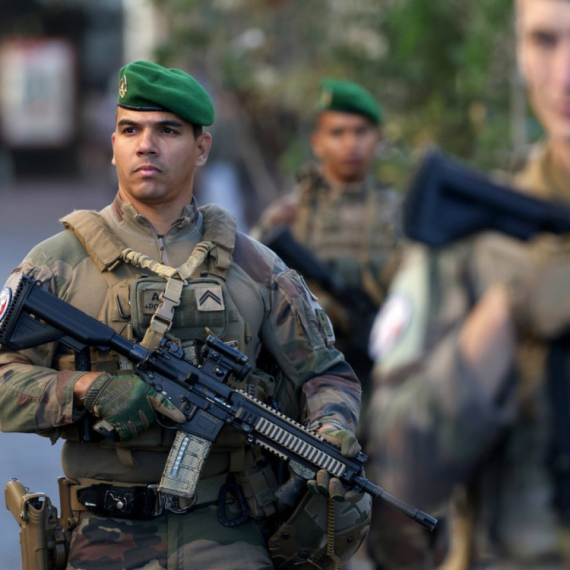



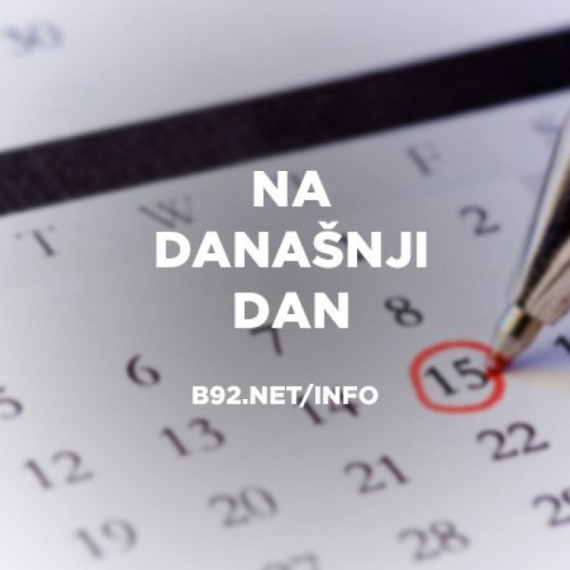

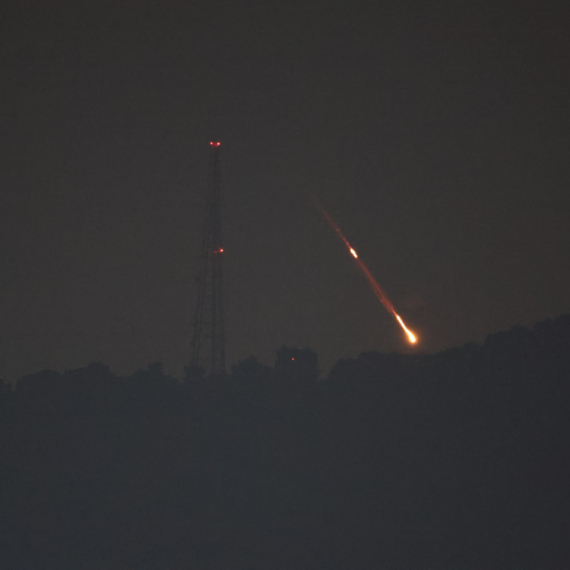
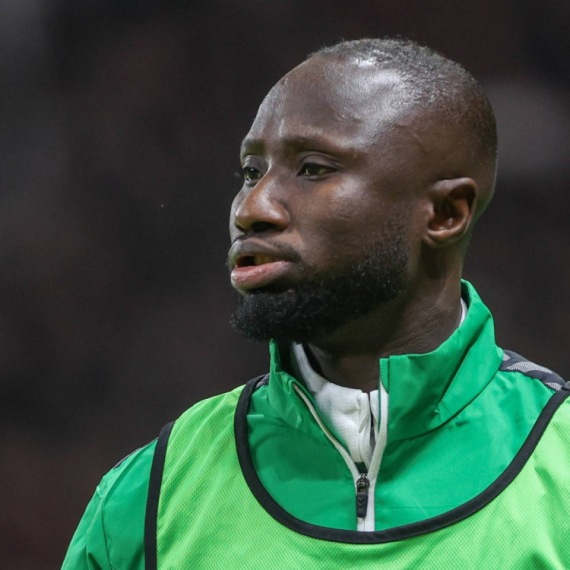

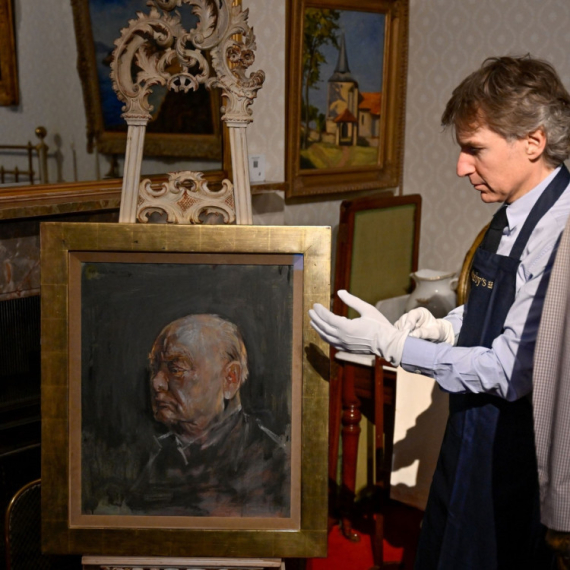














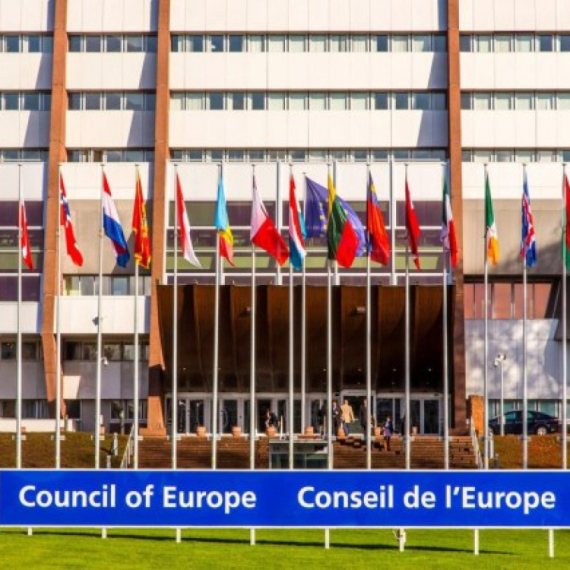














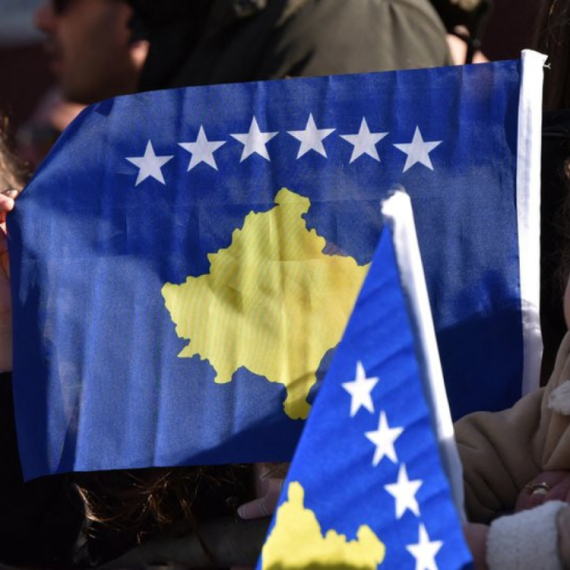
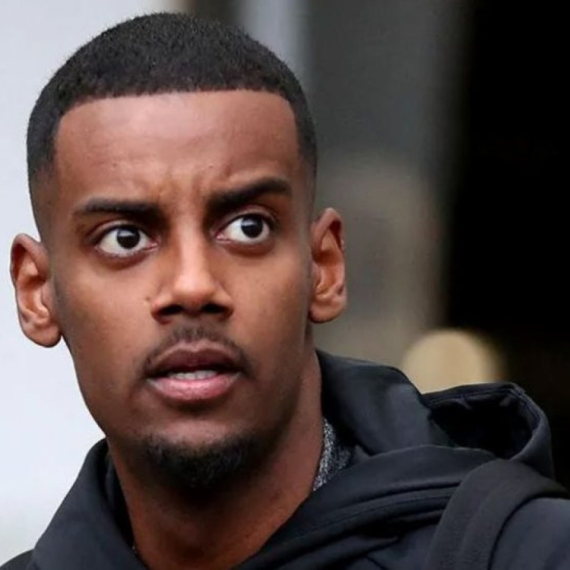




Komentari 7
Pogledaj komentare